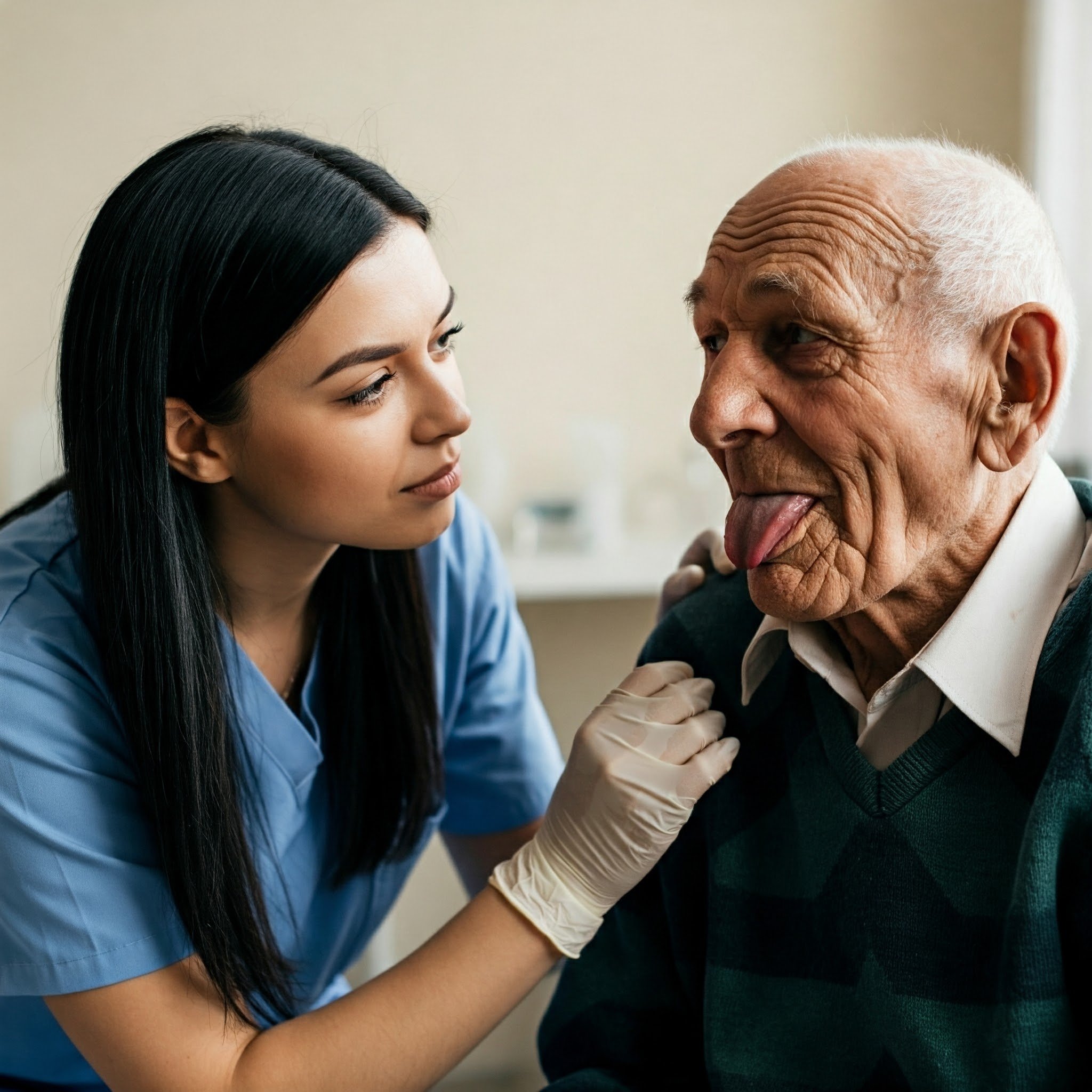Why We Practice: Embracing Imperfection in Healthcare
"The only source of knowledge is experience." - Albert Einstein
Ever wonder why they call it medical “practice"? We're dealing with human lives in healthcare. Should we really be practicing the care we provide? We practice basketball or the flute, but practicing medical care?
The truth is we practice medicine and speech pathology because we're not perfect. We practiced in graduate school during our clinical fellowship, and we'll continue practicing until the day we retire. We are practitioners, after all.
Mistakes are an inevitable part of healthcare. We'll never fully eliminate aspiration, choking, or other adverse events. So, don't be surprised or discouraged when they occur. Instead, anticipate them, observe closely, and learn from them.
Thanks, but No Thanks
I once worked with a patient, let’s call him Marco, to get him off a pureed diet and thickened liquids. He was only in his 60s, but after an acute stroke, he was left debilitated and in the nursing home with significant dysphagia. He had been on this restricted diet for months, but I made it my mission to get him off of it. He deserved better, and I was confident I could help him. We did an initial modified barium swallow study (MBSS) and then a follow-up 6 weeks later after intense dysphagia rehabilitation. I saw Marco every day, sometimes multiple times a day, to train him in compensatory strategies, complete exercises, and educate him on safe swallowing.
When we completed the follow-up MBSS, Marco looked like a new man. The recommendation was a regular diet with thin liquids. I was so excited for him and couldn’t wait to tell him. I thought I’d surprise him by bringing in a fresh lunch tray. When I arrived in his room, he was still eating the pureed food and the thickened liquids.
“Marco, you don’t have to eat that stuff anymore! Here, I brought you in a tray of regular food and thin liquids from the kitchen so you can try out your new diet,” I said.
Marco smiled and replied, “Oh, thank you so much for thinking of me. I really appreciate everything you’ve done for me. But I must tell you, I prefer the pureed food. It’s easier on my teeth. And I like the liquids the way they are. They remind me of a drink I used to have in my home country. So, thank you for everything, but I’d prefer to stay on this diet.”
I couldn’t believe it. 6 weeks of time, energy, and resources spent to get him off of a diet he wanted and onto a diet he didn’t. It was like sending him first class to a vacation destination he had no interest in visiting. Yes, this was a mistake I learned from my practice. A mistake I would never forget and a mistake I would never repeat. It’s now my priority to discuss goals, values, preferences, and expectations with the patient on the first visit so this situation does not repeat itself.
Using a Decision Journal
Keeping a decision journal is one formal approach I’ve adopted to correct mistakes and improve my practice over time. It's pretty simple, and Farnam Street has a nice article with a template to help you get started.
In short, it is a record of your decisions, including their rationale, the expected outcomes, and the actual results of what happened. We often make a recommendation and never find out what happened to our patient because we never tracked the outcome. A decision journal forces you to follow up and helps you reflect on your decision-making process and identify areas for improvement.
Why is it important for SLPs?
SLPs often face complex situations with multiple factors to consider.
A decision journal can help SLPs track these factors, weigh different options, and make more informed choices.
It can also help SLPs identify their biases and assumptions, leading to more objective decision-making.
How can you use a decision journal effectively?
Record the context, problem statement, variables, and alternatives considered.
Explain the range of possible outcomes and your expected outcome with reasoning.
Note the time of day and your physical/mental state when deciding to see if hunger, stress, or fatigue might play a part.
Review your journal periodically to reflect on past decisions and identify patterns.
A decision journal is like a personal trainer for your decision-making muscles. It helps you strengthen these muscles through deliberate practice and reflection. The more you use it, the better you make sound decisions. With this tool, we can improve our decision-making skills and, most importantly, provide better patient care by improving our practice over time.
Reflecting on Our Practice
If we think we don't make mistakes, we're simply not paying close enough attention. Mistakes can be pushed under the rug, never to be considered again because of fear or how they make us feel. The alternative is to use our errors to empower ourselves and improve our ability to care for those who need us.
The best care comes from reflecting on our practice, acknowledging our imperfections, and embracing lifelong learning.
"Practice does not make perfect. Only perfect practice makes perfect." - Vince Lombardi
Consider your own experiences:
When did YOU last make a mistake?
Did you see it coming?
How did you correct it?
How can you avoid it in the future?
Liked this? Share it. Leave a comment below.
